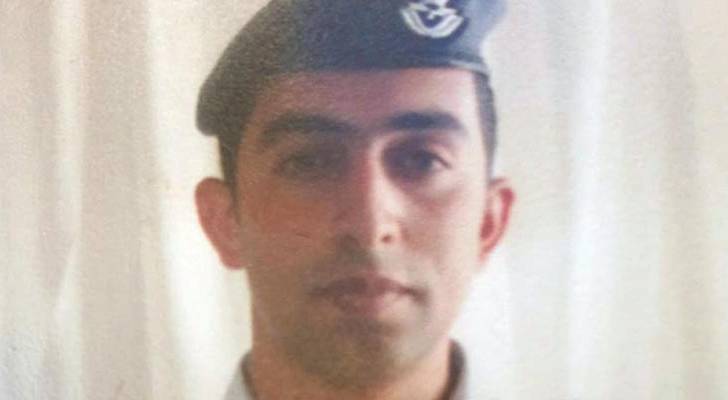Muath al-Kasasbeh
Verdict expected in Swedish trial over Daesh member’s role in killing of Jordanian pilot
A Stockholm court is expected to deliver a landmark verdict Thursday in the case of Osama Krayem, a Swedish national accused of involvement in one of Daesh’s crimes, the murder of Jordanian fighter pilot Muath al-Kasasbeh, who was burned alive in Syria in 2015.
The trial, which took place from June 4 to 26, marks the first time any court has prosecuted an individual specifically for this killing, which triggered global outrage after a video of the execution was published by Daesh. The court is scheduled to announce its decision at 12:00 PM Jordan time (GMT+3).
Kasasbeh, a Royal Jordanian Air Force pilot, was captured by Daesh fighters after his plane went down near Raqqa, Syria, on Dec. 24, 2014. He was later filmed being burned alive inside a cage, a scene that shocked the world and galvanized international efforts against the group.
Although prosecutors could not pinpoint the exact date of the killing, they say they have identified the location where it occurred.
Krayem, 32, born in Malmö in southern Sweden, was previously sentenced to 30 years in prison in France for helping plan the 2015 Paris attacks. He is also serving a life sentence in Belgium for his role in the 2016 Brussels bombings.
In Sweden, prosecutors are seeking a life sentence, charging him with “serious war crimes and terrorist crimes” for his alleged role in the execution. While Krayem refused to speak during court proceedings, portions of past interrogations were presented throughout the trial.
Krayem's defense maintains he was only present at the site for a brief time and did not know what was about to happen. His lawyer claimed the accused had no role in the pilot’s death beyond being nearby for “15 to 20 minutes.”
But that explanation has not satisfied the legal team representing the Kasasbeh family.
“Most people who witnessed what Maaz went through would undoubtedly need lifelong, or at least long-term, treatment to overcome the trauma that this causes in a normal individual,” said Mikael Westerlund, the lawyer representing the pilot's brother, who traveled from Jordan to attend the hearings.
“Krayem, on the other hand, does not seem to have been traumatised, but inspired. Inspired to continue his terrorist activities, which led him to participate in and then be convicted of terrorist acts in Europe,” Westerlund added.




